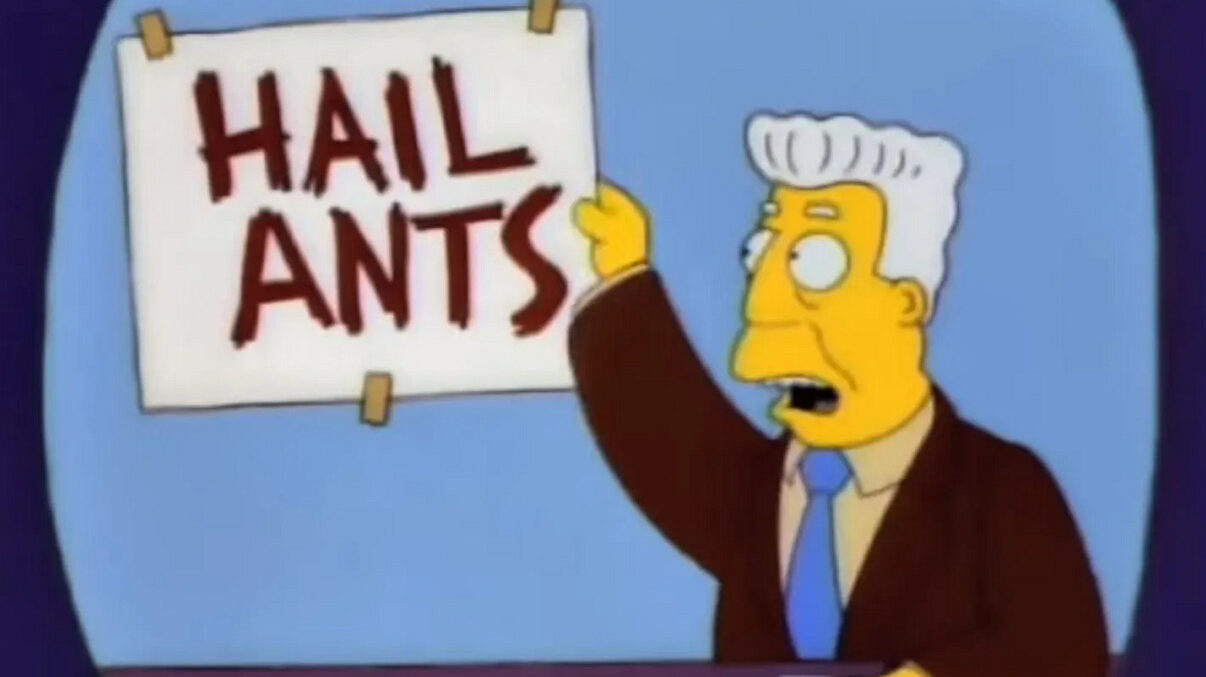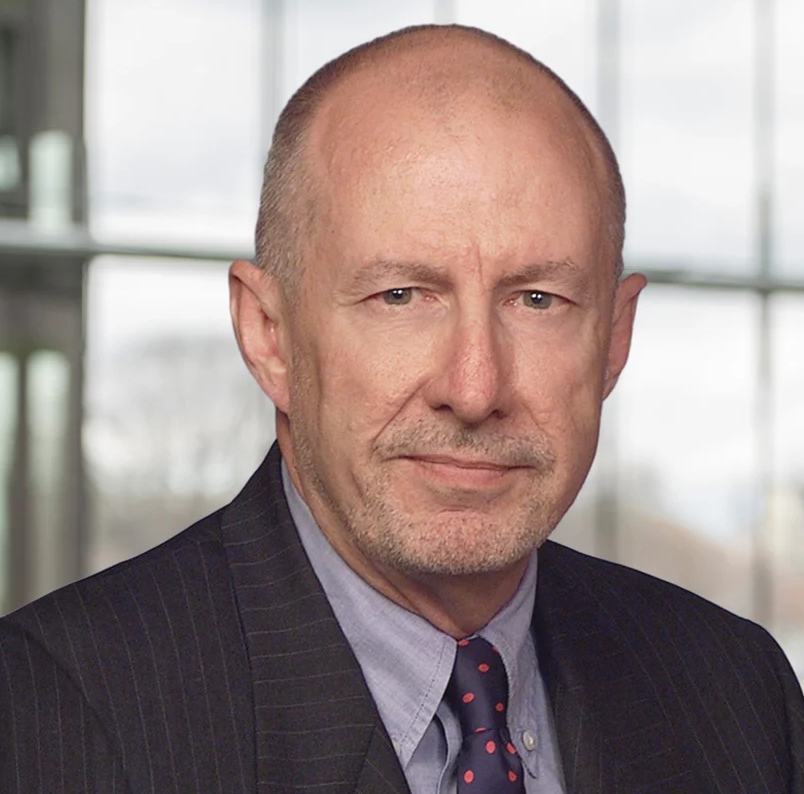
This article is a part of the The FTC's New Normal symposium.

Gus Hurwitz’s closing post in this symposium was a very cogent and persuasive (albeit overly optimistic) take on the current state of antitrust enforcement. I hesitate to quibble with my intellectual superior, but on some points I have a slightly different take.
Gus says that law should be made through legislation or litigation, and obviously that is right. But both of those can be—and in an ideal world, would be—influenced by the expert agencies that, in the aggregate, have more antitrust knowledge under their roofs than anywhere else in the world. Certainly, when I was at the U.S. Justice Department (DOJ) Antitrust Division, back in the Neolithic era, we were trying to influence both courts and—in a few cases, such as repeal of the Robinson-Patman Act—the Congress. To me, the series of merger guidelines produced by the division (and eventually by the FTC) between 1982 and 2010 were the single most important force shaping merger analysis in the courts and, almost as importantly, inside companies.
Antitrust merger cases are relatively rare and congressional legislation even more so. And yes, when those voices speak, they should be accepted as the current law of the land. But given the rarity of those occasions, even during times of less extreme partisan divide than we have today, it must be the antitrust agencies and public-policy voices (academia, NGOs, and companies) that shape the meaning and direction of antitrust law.
We have recent experience with congressional efforts to pass new antitrust laws, and fortunately they were too divided to succeed; the proposals would have had a significant negative effect on sound antitrust policy. I don’t see that changing soon.
We can see that antitrust academia—whose instinct is always to explain why we need something different, since explaining why things are just fine is not that exciting—has largely been captured by progressive voices similar to those throughout the academic world. The Chicago School today is not your father’s Chicago School (or George Stigler’s, for that matter).
NGOs cover the range of views, from those funded by and essentially voicing a particular partisan perspective to those that at least try to be objective and search for the logical amid the chaos of partisan voices. These voices, like Truth on the Market, can be important shapers of an intelligent dialogue, but few are viewed as not belonging firmly to one side or the other of the partisan divide.
This is why I funded a chair in Competition Law and Regulation at my alma mater—the Sandra Day O’Connor School of Law at Arizona State University, now held by Dave Gelfand resident at the ASU DC campus—to plant the seeds of what I hope will eventually become a voice for commonsense, practical antitrust. Not pie-in-the-sky antitrust, not antitrust as a weapon in the class struggle, not antitrust as a shield for corporate misbehavior, but antitrust that protects consumers from misconduct, while at the same time allowing the benefits of free markets to work their magic.
The United States is the most productive, most innovative economy in the world, and our antitrust regime over the last half century is one of the key reasons why. Over that period, there have been ebbs and flows, more and less aggressive enforcement, smarter and less smart pronouncements, but there was still a broad consensus on the goals of antitrust.
Gus says the notion of consensus is overstated, and that may be true over the last five to 10 years, as the rise of totally different kinds of companies and ways for consumers to seek out and purchase goods created angst and confusion within the antitrust community. I agree that the antitrust that worked when we were dealing with steel mergers is not as workable when dealing with digital markets; intellectual property and networks are a lot more complicated to examine and understand than hard assets. So that means we do need to do some hard thinking about how antitrust should adjust to this new reality.
But that is not what those running the antitrust agencies are doing today. Instead, they are saying that we should simply ignore the new complexity and return to the days of a more simple society and a more simplistic antitrust, when big was bad and that was all there was to it. They are not contributing to a reasoned discourse; they are saying that the debates and discussions—and all the refinement and progress—over the last 50 years were not only a waste of time, but affirmatively harmful.
This luddite way of approaching a complex problem is not going to contribute to the progress that needs to be made in antitrust analysis, because it rejects antitrust analysis. Sure, when they lose their high-visibility court cases, especially if they eventually lose at the Supreme Court, that may advance the thinking ball, but probably only to the point of saying that their non-analysis is insufficient.
What we have today at the antitrust agencies, for the first time in my professional lifetime, are progressive political activists who are trying their best to tear down the historical approach to antitrust and turn it into an industrial-policy tool where there are no real boundaries to their efforts to remake society. So, unlike Gus, I am not optimistic. I agree they will lose most, if not all, of their court cases. But that will take years, perhaps many years, and if the political fortunes of the current administration keep these or people with similar views in power for yet another five years, the damage they can do is quite significant.
Antitrust has now joined the camp of disciplines where political philosophy is more important than reason and analysis—yes, including economic analysis—and there is a real risk that it will be a long time before we are out of this morass.




